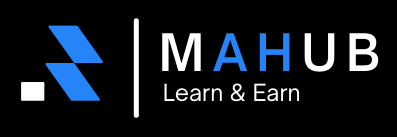Unlocking the Power of AI Powered Tools in Digital Marketing

In the ever evolving landscape of digital marketing, businesses continuously seek innovative ways to engage audiences, maximize ROI, and enhance customer experiences. Artificial intelligence (AI) has emerged as a transformative force, offering advanced tools and capabilities to elevate digital marketing strategies. This article delves into how ai powered tools in digital marketing are reshaping targeted social […]

